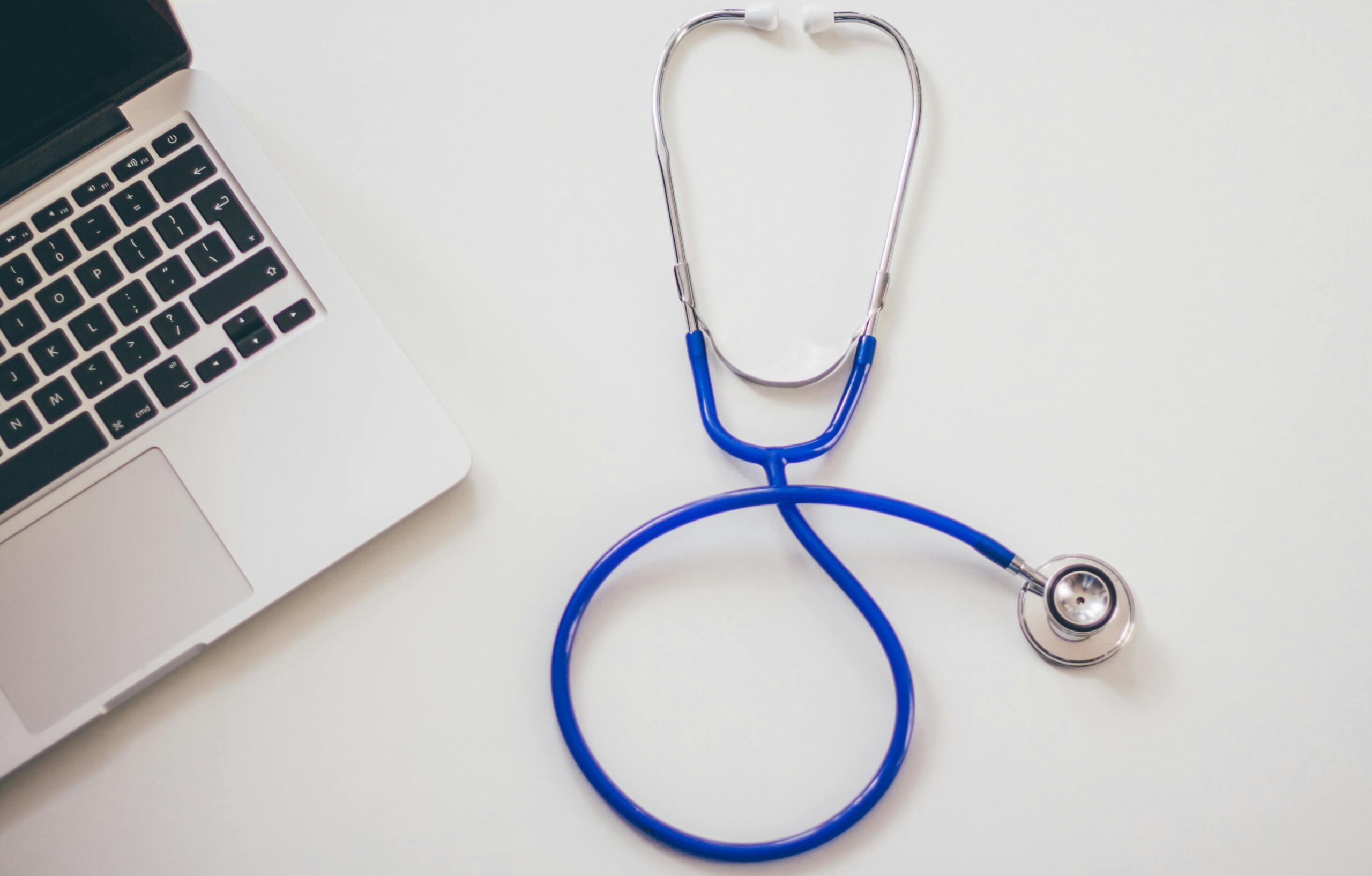Are you thinking of a career in Emergency medicine? Do you often wonder what it’s like to step in to the busy shoes of an ER doctor? Well, here we give you a few insights that can help you decide whether a career in emergency medicine is a good fit for you.
What is Emergency Medicine?
Emergency Medicine is a medical specialty focused on the immediate decision-making and action necessary to prevent death or further disability in response to acute illness or injury. This dynamic field requires physicians to be quick on their feet, knowledgeable across a broad spectrum of medical conditions, and adept at performing lifesaving procedures under pressure. Emergency Medicine doctors, often working in fast-paced emergency rooms, are the first line of defense in critical situations, providing care that ranges from stabilizing trauma victims and managing heart attacks to addressing sudden infections and other urgent health concerns. Their work is not only about medical expertise but also about offering reassurance and support to patients and their families during some of the most stressful moments of their lives.
Unique Challenges of Emergency Medicine
Long and Unpredictable Hours
Emergency doctors work long, irregular hours, including nights, weekends, and holidays to make sure that patients get access to 24-7 care. So, it’s safe to say that a regular circadian rhythm is hard to come by and chronic sleep deprivation is most definitely an occupational hazard. EM doctors typically work around 40 hours per week in 3-4 shifts per week. This demanding schedule and relentless pace can take a toll on your personal life and physical health, which is why it doesn’t come as a surprise that EM doctors experience one of the highest rates of burnout among all specialties. All in all, even the rigors of your Caribbean medical school couldn’t have prepared you for such an intense and stressful working environment.
ER Is Commonly Abused
Once you start working in the Emergency department, you will notice how common it is for patients to abuse the ER. Do not be surprised to see patients who rush into the Emergency department for dry cracked lips or basic heat rashes, rather than for urgent medical conditions, demanding to be attended to at once. Not to mention the flood of undocumented immigrants or uninsured patients who treat ER as the main source of their primary care. ER doctor also see a lot of homeless people who fake illness to secure a comfortable bed and a free meal for a night. For the cherry on top, there are the drug addicts who come to the ER exhibiting drug-seeking behavior to get their refill of pain killers. As an ER doctor, be prepared to deal with a wide mix of patients with patience and tolerance.
High-Stress Environment
The emergency department delivers at the front line of hospital medicine and is often a whirlwind of activity. ER doctors were especially at the forefront of the battlefield of COVID at the peak of the pandemic. As such, ER Doctors are no stranger to life-or-death situations where they have to think on their feet under immense pressure, and make critical decisions for patients, often with incomplete information. As an ER doctor, you will find yourself juggling all the knowledge you can muster at a moment’s notice. Assisting multiple patients at once, each with varying degrees of urgency, creates a chaotic atmosphere where the stakes are always high. Constant stress, unpredictability and incessant demands of the profession can wear you out and take a toll on your mental health. Add to that the lingering fear of litigation given the higher rates of malpractice claims compared to the average physician.
Emotional Toll
Dealing with trauma, critical injuries, life-threatening illnesses and life-and-death situations on a day-to-day basis takes a heavy emotional toll. Emergency doctors often witness severe suffering and loss, and a higher mortality rate than other doctors, which can lead to emotional exhaustion and burnout. They must provide care with compassion while maintaining professional detachment to continue functioning effectively.
Resource Limitations
Often, emergency departments are overcrowded and understaffed. Doctors must deliver the best possible care with limited resources, which can be incredibly frustrating. The need to prioritize patients based on the severity of their conditions means some people have to wait longer, adding to the stress.
Possibility of violence
Dealing with highly frustrated or intoxicated patients can sometimes put you in the harm’s way, more so than other specialties. It is not unheard of for emergency doctors to face verbal and physical abuse from patients or their relatives, often exacerbated by stress, intoxication, or mental health issues. Ensuring your own safety while trying to de-escalate volatile situations is a serious concern.
Keeping Up with Medical Advances
The field of medicine is constantly evolving. And since ER doctors see a variety of cases daily, they must stay abreast of the latest treatments, protocols, and technologies and determine how best to apply the acquired knowledge to their work. This requires continuous learning and adaptation, adding to their already demanding workload.
Is a Career in Emergency Medicine Right for you?
You Are Resilient
If you thrive in fast-paced, sometimes chaotic, and unpredictable environments, you will thrive in a career in ER. If you can survive long hours on your feet, right in the midst of nonstop action, and don’t mind eating at the oddest hours, sometimes forced to practice intermittent fasting due to a lack of downtime between patients, you are a right fit for the role. However, the silver lining here is that while you won’t be able to catch a breath while you are hard at work, you will be able to completely unplug once your shift ends. No beeping pagers, no cumbersome paperwork to take home, no home calls.
You Thrive on Challenges
One of the greatest perks of working in the ER is the highly challenging and exciting nature of the job. Emergency physicians are usually exposed to serious and extreme cases and are usually the first to intervene and help. Rest assured, you will never be short of new cases, will always be on your feet, and can expect to see many different types of patients every day, which keeps your job interesting and stimulating. You will indefinitely have your hands busy during shifts and will be exposed to unprecedented situations all the time. Remember that in the ER, every second counts. If you love to work in exciting environments where you will be mentally and intellectually challenged all the time, you should definitely consider a career in Emergency medicine.
You want to Gain Diverse Experience
The best thing about being an ER physician is that you will get to see diverse injuries, illnesses and conditions all the time. Exposure to such diverse circumstances expands your skillset and experience and enable you to learn something new every day. Rather than working as a specialist who only possesses expertise in one particular area, emergency physicians are know-it-alls who can deal with a vast array of situations.
You are a pro at multitasking
On a busy day, an ER doctor can expect to juggle between multiple patients at any given time. As an ER physician, you need to figure out how to prioritize and handle all patients simultaneously, while ensuring that each patient receives the highest level of care. Not to mention, you will also be admitting new patients in between, discharging others, and caring for the sick ones as well. If you think you can wear many hats at once, you will thrive in the ED.
You are not scared of performing procedures
If you are afraid of getting your hands dirty, this specialty is not your cup of tea. As an ER physician, expect to perform plenty of different procedures throughout the day, including incision and drainage of abscesses, lumbar punctures, paracentesis, thoracentesis, suturing lacerations, reducing fractures, and even thoracotomies and chest tubes.








